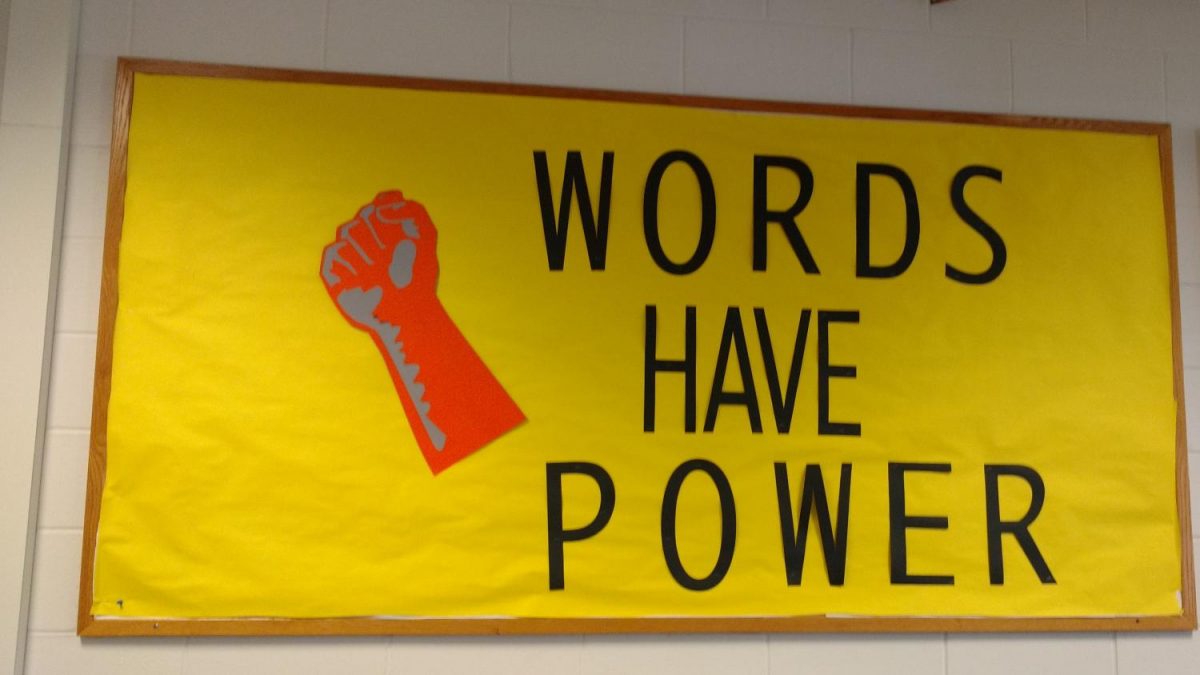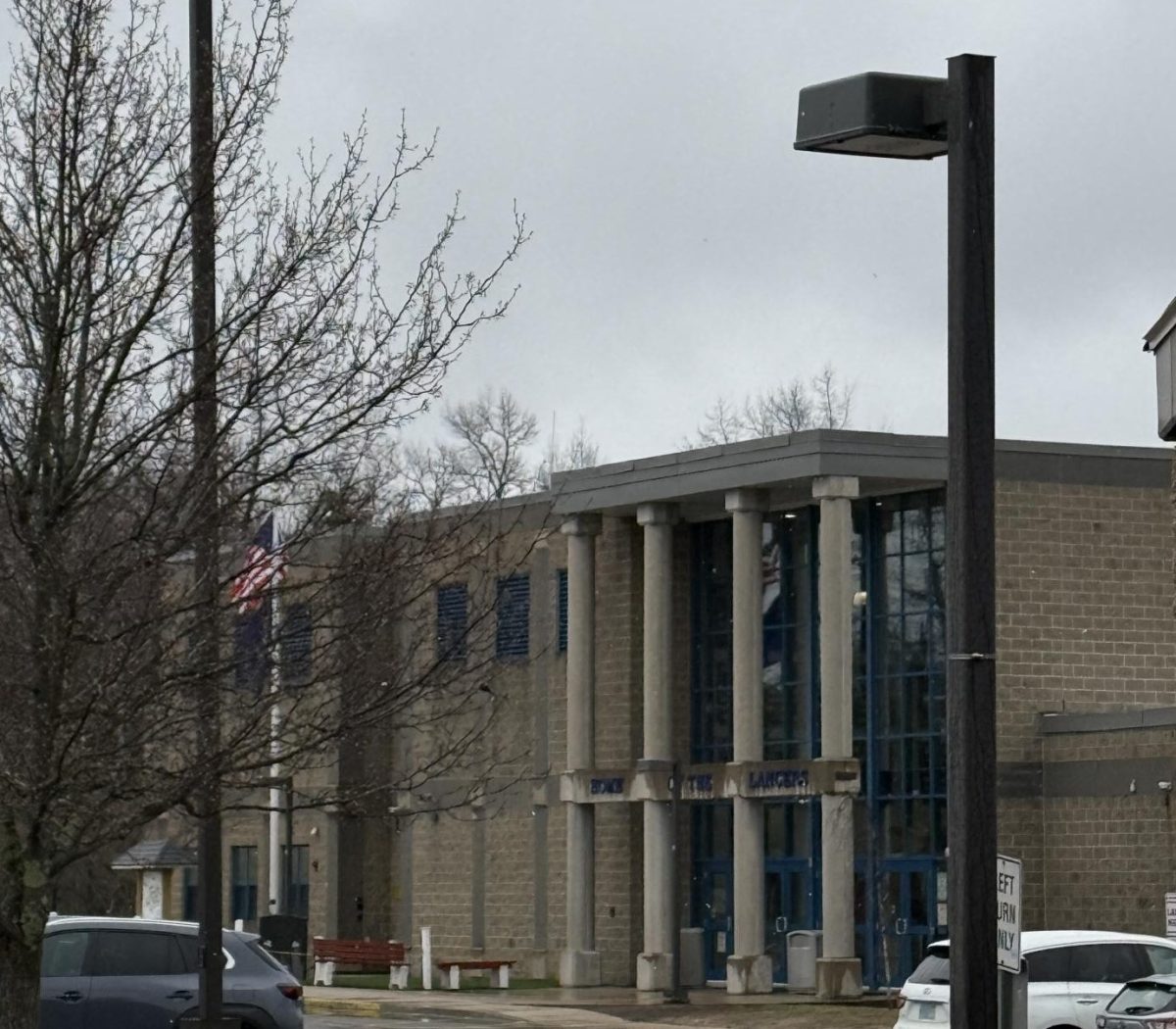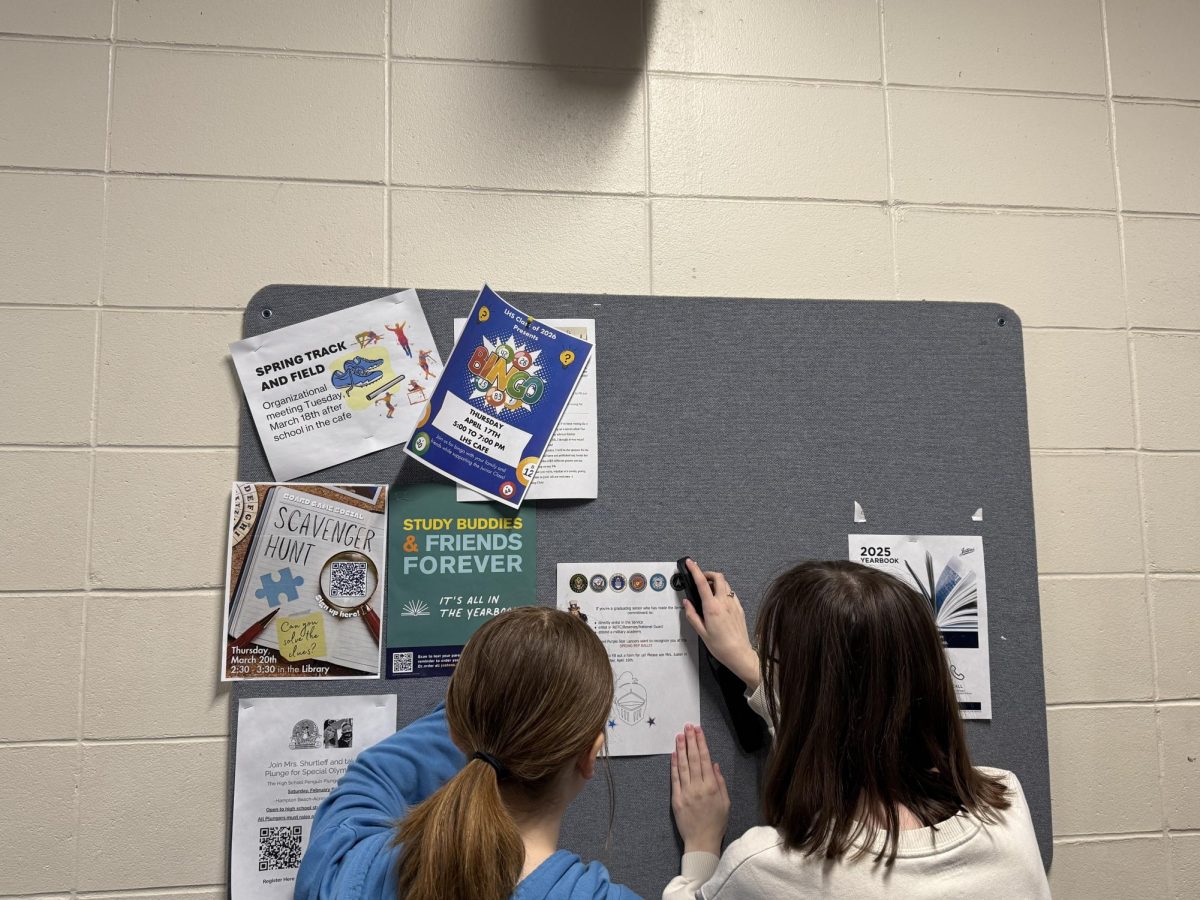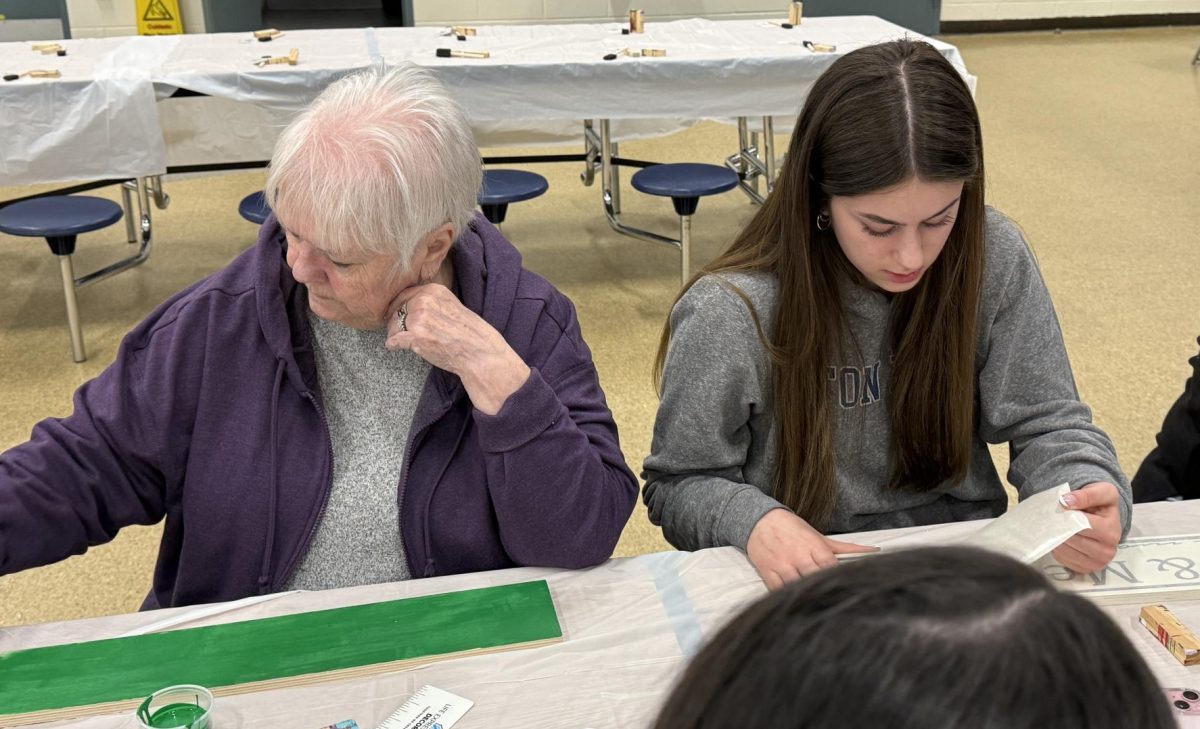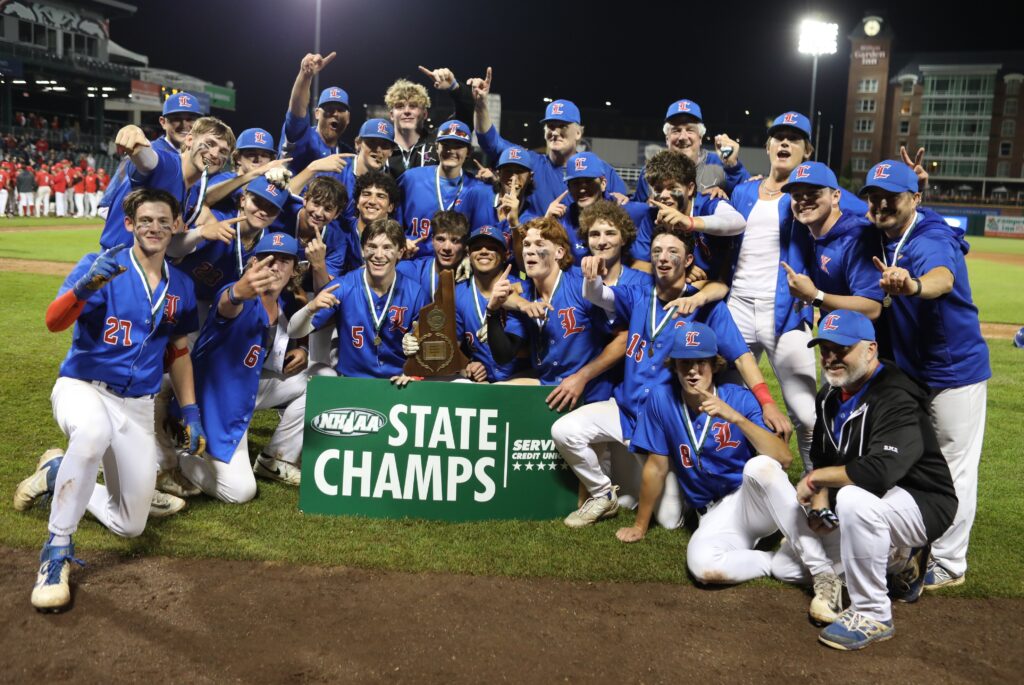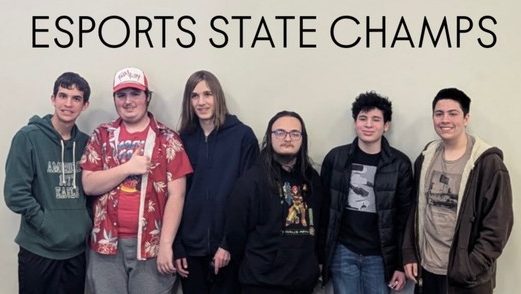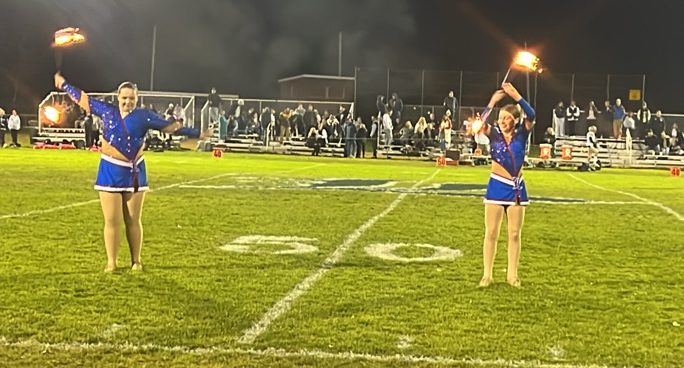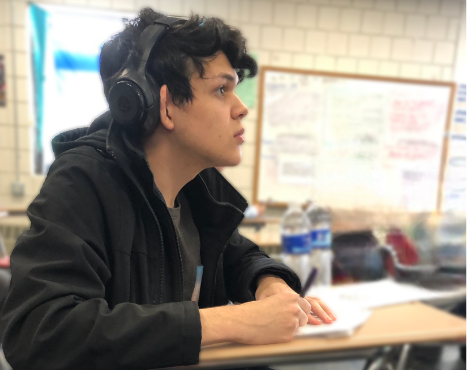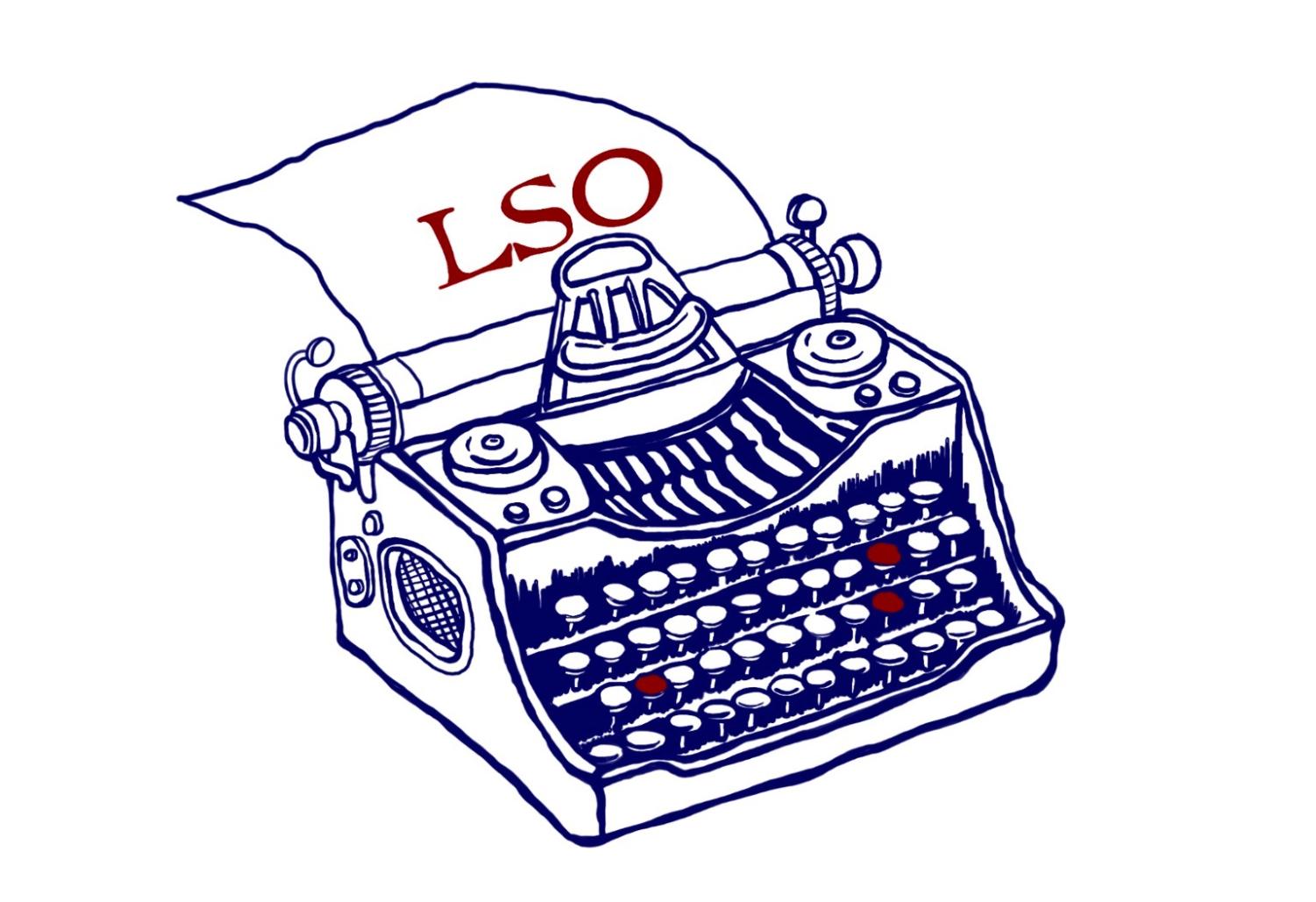Students who come into the Library Media Center (LMC) this week will notice a bulletin board in the back decorated with the phrase “Words Have Power,” the theme of this year’s “Banned Book Week.” They may also notice word bubbles tucked into books such as To Kill a Mockingbird containing reasons for why that book has been banned in other libraries.
To raise awareness of banned books and intellectual freedom, the LMC will be celebrating the American Library Association’s Banned Book Week from September 24-30.
“It is important to keep books in libraries to gain knowledge, to gain an understanding of our past, our present, our future, and to get people into the dialogue about what the right ways to behave are,” said library media specialist Mrs. Desjadon. “What are the right things to talk about? How can we be accepting of all people, of all ideas in our community?”
The LMC will also be incorporating Twitter into the celebration by creating posts relating to banned book week under the handle @lhs_librarians. They want to encourage students to discuss books they love that have appeared on the banned book list using #rebelreader.
“We just really want to engage students in knowing that books really do get banned,” Desjadon said. “They are so lucky that they are able to read some of the books that are in this library [and we want them to know] that they are in a supportive community here.”
Alongside banned book week, the library will also be celebrating “Banned Website Awareness Day” on September 27.
LHS and other schools are required to follow regulations under The Children’s Internet Protection Act (CIPA), which requires schools to have internet filters on computers used by students. However, sometimes while attempting to protect students from explicit content, schools accidentally ban educational websites as well. The LMC would like to raise awareness of over use of protective filters.
“Banned Website Awareness Day” is also put out by the ALA to raise awareness of restrictions put on educational websites as a result of internet filters used by schools. On this day, the library plans on tweeting out articles on banned websites and how they affect education on Twitter.
“Sometimes relying on those filters too much doesn’t allow teachers to help incorporate lessons of digital citizenship and can sometimes prevent us from educating people,” Desjadon said.
The library media specialists are also looking for students who would like to offer their own ideas for how to promote Banned Book Week and Banned Website Day or who just want to help out with the promotion. Any student who is interested only need to visit the library during a study or lunch period and talk to a library media specialist about how to get involved.
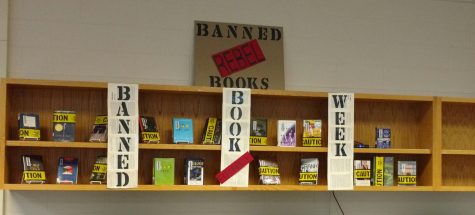
A display of banned books in the Library Media Center.



